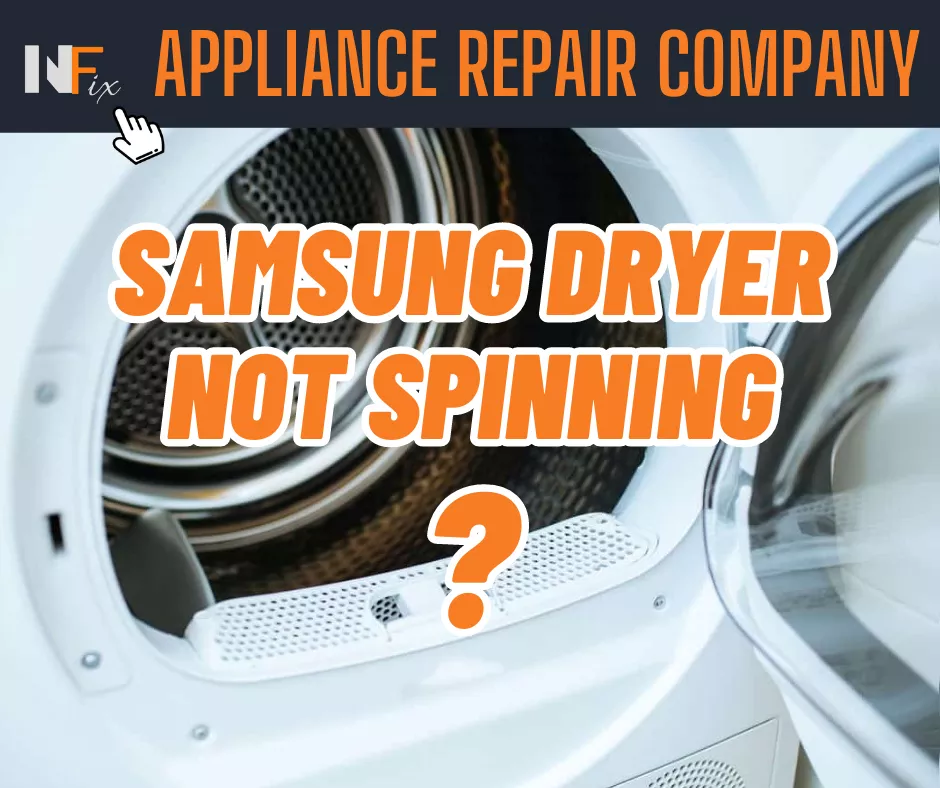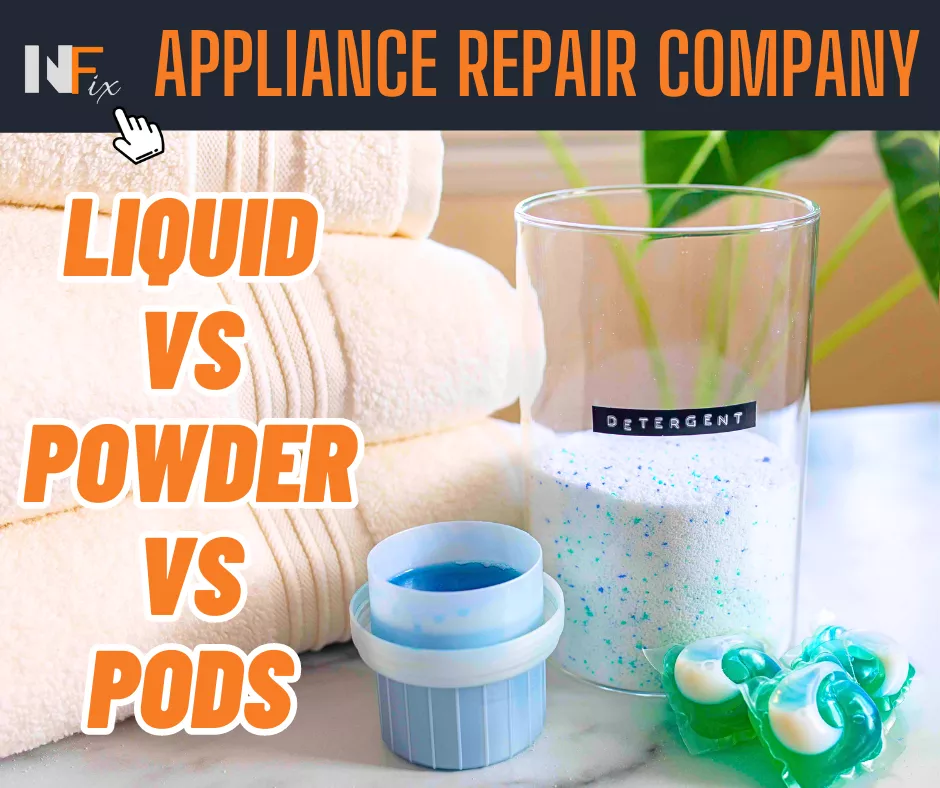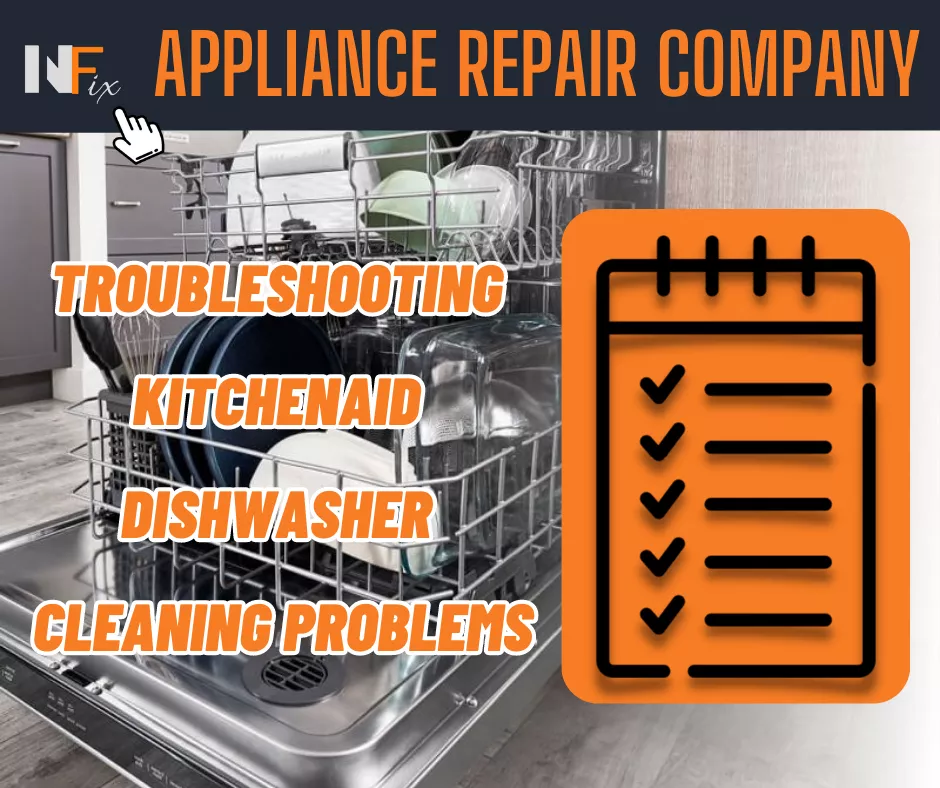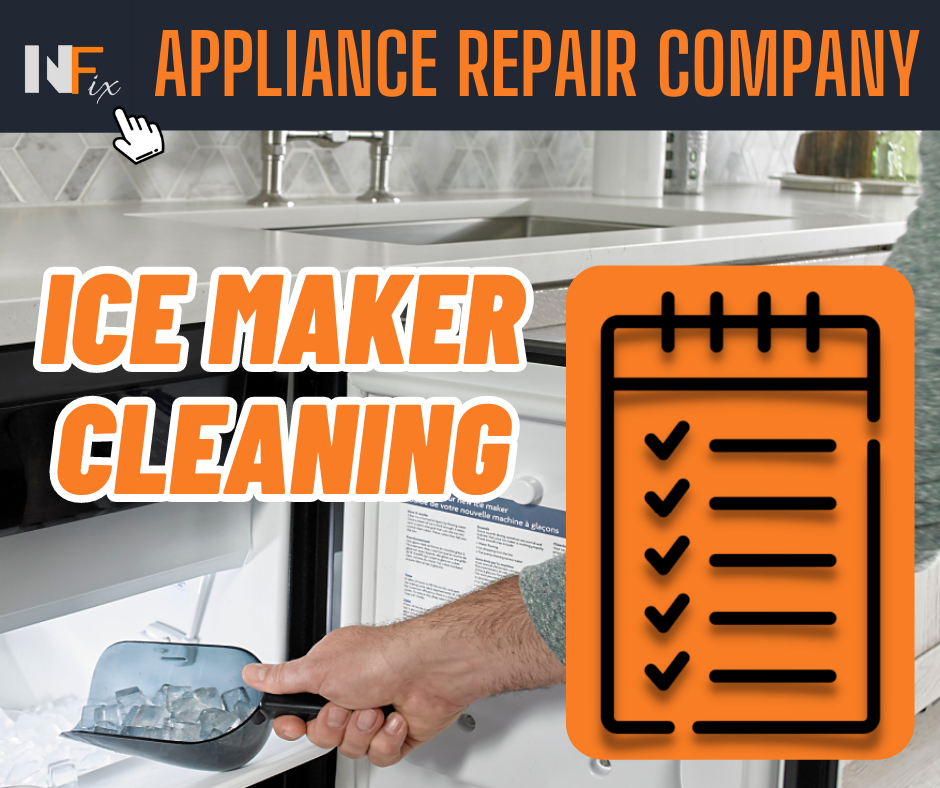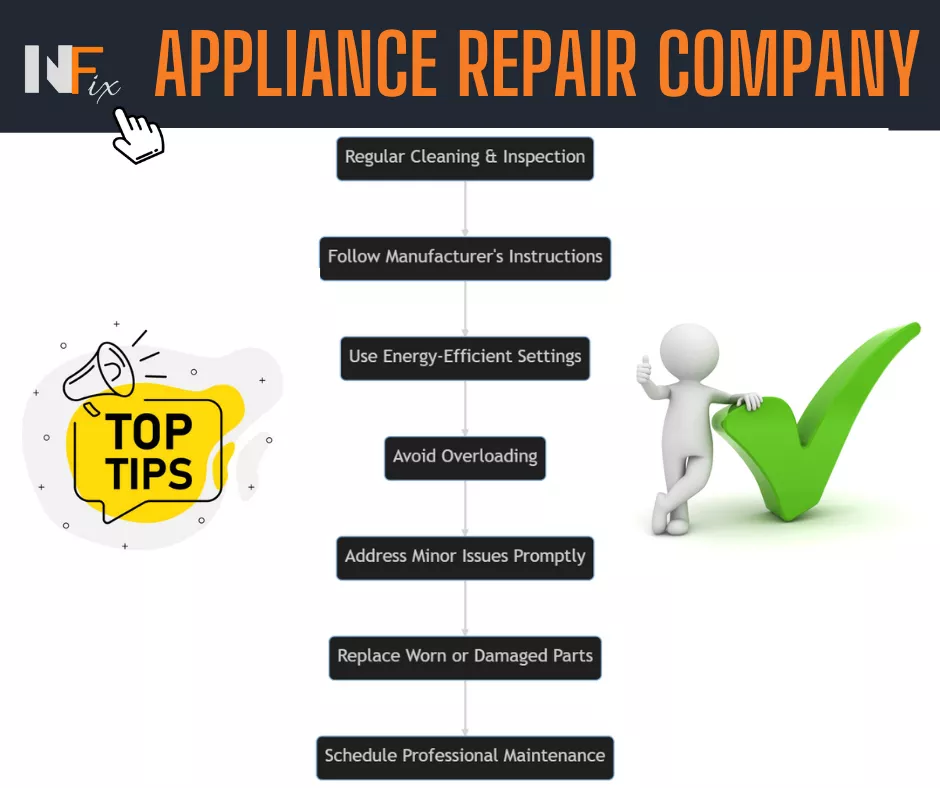Is It Worth It to Repair Your Washing Machine? A Comprehensive Guide

When your washing machine starts to show signs of wear and tear, you may be faced with the dilemma of whether to repair or replace it. In this guide, we will explore the factors that can help you make an informed decision.
Assessing the Age and Condition of Your Washing Machine
The age and overall condition of your washing machine are crucial factors to consider when deciding whether to repair or replace it. Generally, a washing machine has a lifespan of 10-15 years, but this can vary depending on the brand and model.
Washing Machine Lifespan by Brand
- Whirlpool: 10-15 years
- Samsung: 10-12 years
- LG: 10-12 years
- Maytag: 10-12 years
- Bosch: 10-12 years
If your washing machine is still within its expected lifespan, washer repair – may be the more cost-effective option. However, if it’s nearing the end of its life or showing significant signs of wear, replacement might be the better choice.
Evaluating Repair Costs vs. Replacement Costs
When weighing the cost of repairing your washing machine against the cost of buying a new one, it’s essential to consider both short-term and long-term expenses.
Repair Costs
To determine if repair costs are worthwhile, start by obtaining quotes from multiple repair professionals. Keep in mind that the cost of parts and labor can vary depending on the severity of the issue and the brand and model of your washing machine. As a general rule, if the repair cost is less than 50% of the cost of a new machine, it may be worth considering.
Replacement Costs
When considering the cost of a new washing machine, don’t forget to factor in additional expenses like delivery, installation, and removal of the old unit. Additionally, take into account the potential energy savings and improved performance of a newer, more efficient model.
Evaluating the Energy Efficiency of Your Current Machine
Older washing machines may be less energy-efficient, which can lead to higher utility bills. Compare the energy efficiency of your current machine to newer models by checking their Energy Star ratings. Upgrading to an energy-efficient model can save you money in the long run through reduced energy consumption.
Considering the Environmental Impact
Repairing your washing machine can be more environmentally friendly than purchasing a new one, as it reduces waste and conserves resources. However, if your current machine is not energy-efficient, replacing it with an eco-friendly model can help reduce your carbon footprint.
Weighing Convenience and Personal Preferences
Finally, consider the convenience factor and your personal preferences. If your current washing machine is constantly breaking down, causing disruptions in your daily routine, or if you prefer having the latest technology and features, replacing it may be the more appealing option.
Frequently Asked Questions
Whether it’s worth getting a 10-year-old washing machine fixed depends on factors such as the cost of repair, the overall condition of the machine, and the availability of replacement parts. If the repair cost is more than half the price of a new machine, it’s often better to invest in a new one.
Maintaining appliances is essential to ensure their optimal performance, energy efficiency, and longevity. It also helps prevent costly repairs or replacements and contributes to a safer home environment.
Repairing an old washing machine may be worthwhile if the cost of repair is reasonable and the machine is in good overall condition. If the repair cost is more than half the price of a new machine, it’s often better to invest in a new one.
A well-maintained, high-quality washer can last 15 years or more, depending on factors such as usage and maintenance.
While it’s uncommon for a washer to last 30 years, some high-quality, well-maintained machines may reach this lifespan. However, technological advancements and energy efficiency improvements in newer models often make upgrading a more practical choice.
Brands known for producing long-lasting washing machines include Miele, Bosch, LG, and Whirlpool. However, the lifespan of any washing machine also depends on factors like usage, maintenance, and model quality.
Miele washing machines are known for their durability and some models may last up to 25 years or more with proper care and maintenance.
A 7-year-old washing machine is considered middle-aged, as most machines have an average lifespan of 10-15 years. However, with proper maintenance, some washing machines may continue to perform well beyond this age.
Common washing machine failures include problems with the drain pump, worn-out belts, faulty door seals, damaged water inlet valves, and malfunctioning control boards.
Washers can develop issues if not used for extended periods, such as seals drying out, stagnant water leading to mold, or parts seizing up. It’s a good idea to run the machine occasionally to keep it in good working order.
Overloading, using too much detergent, improper installation, and not addressing minor issues promptly can damage a washing machine.
Washing machines from reputable brands like Miele, Bosch, LG, and Whirlpool tend to have fewer problems. However, the reliability of any machine depends on factors such as model quality, usage, and maintenance.
Old washers may appear to last longer due to their simpler designs and more durable materials. However, new washing machines often offer better energy efficiency and advanced features that improve overall performance.
Beko is a reliable brand known for producing affordable, energy-efficient appliances with modern features. While not considered a premium brand, Beko offers good value for money.
Signs of a bad washing machine include unusual noises, excessive vibration, water leaks, incomplete cycles, poor cleaning performance, and persistent error codes.
Soaking clothes overnight in a washing machine is generally not recommended, as it can lead to a musty smell, color bleeding, or fabric damage. Instead, follow the manufacturer’s guidelines for pre-soaking or use the machine’s pre-soak cycle if available.
Using a washing machine every day is not necessarily bad, but it can lead to increased wear and tear and reduce the machine’s lifespan. To minimize the impact, ensure proper usage and maintenance, and avoid overloading.
It’s difficult to provide an exact number, but millions of people worldwide do not have access to a washing machine, particularly in low-income and developing countries. Access to washing machines varies greatly depending on factors such as income, location, and infrastructure.
- Drainage issues: Clear any blockages in the drain hose, filter, or pump.
- Excessive vibration: Ensure the machine is level, and avoid overloading.
- Water leaks: Check hoses, seals, and connections for damage or wear, and replace as needed.
- Incomplete cycles: Address any error codes or issues with the control board, and ensure proper power supply.
- Poor cleaning performance: Use appropriate detergent and cycle settings, and clean the machine regularly.
- Persistent error codes: Consult the user manual for troubleshooting steps, or contact a professional for assistance.
- Faulty door seal: Inspect the seal for damage or wear, and replace if necessary.
- Damaged water inlet valve: Check for debris or damage, and replace the valve if needed.
- Worn-out belts: Inspect belts for signs of wear, and replace them as needed.
If there’s something wrong with your appliance or if it’s not working like it should be, if you need an appliance repair near you in Nashville TN and the surrounding areas – call us or text us at Appliance Repair Company NashFix today:
☎ (615)-502-2255 or you can
☑ book an appointment online.
ALSO SERVING:
Antioch, Arrington, Brentwood, College Grove, Columbia, Franklin, Gallatin, Goodlettsville, Hendersonville, Hermitage, La Vergne, Lebanon, Mount Juliet, Murfreesboro, Nashville, Nolensville, Smyrna, Spring Hill, Thompson’s Station.




